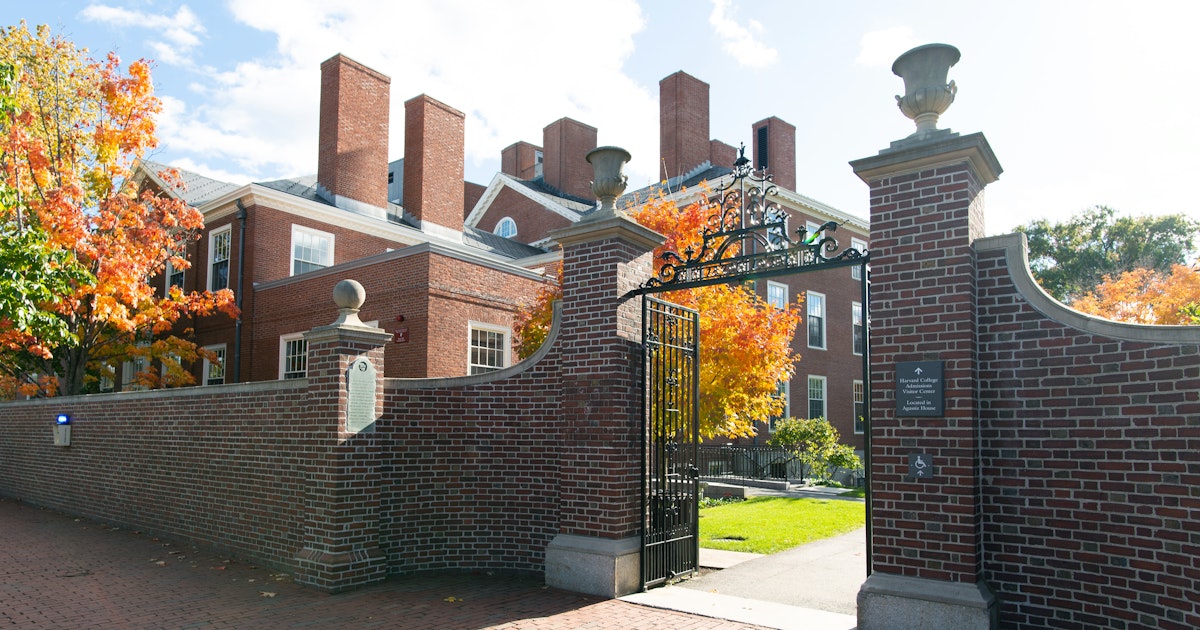- Mar 11, 2015
- 101,828
- 112,466
- 3,645
"What would King say?" is the question right wingers ask. King said to not judge on the color of skin but on the content of character is what white racists use as a hammer when blacks hold them accountable for continuing racism. But here in this sermon spoken 2 weeks after his "conent of character" he challenges WHITES "to respect the dignity and worth of all human personality.”
Maybe it's time for the whites on the right to change the content of their character.
How to confront systemic racism? Heed the call of Martin Luther King.
Eighteen days after the Rev. Martin Luther King Jr. delivered his “I Have a Dream” speech, four young girls were killed in the bombing of the 16th Street Baptist Church in Birmingham, Ala. Days later, King delivered their eulogy, and demonstrated why America would have been lost without the civil rights movement.
If there were ever an excuse for retaliatory anger, it was the murder of these children. And you can tell King was feeling that emotion’s pull. This act, he said, was “one of the most vicious, heinous crimes ever perpetrated against humanity.” He then channeled the girls’ voices, speaking to a hypocritical, racist, complacent society: “They have something to say to every minister of the gospel who has remained silent behind the safe security of stained-glass windows. They have something to say to every politician who has fed his constituents the stale bread of hatred and the spoiled meat of racism. . . . They say to each of us, Black and White alike, that we must substitute courage for caution.”
This was probably expected. But King proceeded to make two points that would have left many uncomfortable.
First, he argued for a definition of justice larger than a correct legal outcome. “We must be concerned,” he said, “not merely about who murdered them, but about the system, the way of life and the philosophy which produced the murderers.”
Second, King held out hope that white-supremacist philosophy could be challenged and changed among Whites themselves: “We must not lose faith in our White brothers. Somehow we must believe that the most misguided among them can learn to respect the dignity and worth of all human personality.”
I thought of King’s message in light of the death of George Floyd and the conviction of his murderer. In the case of the Birmingham bombing, justice took decades to arrive, during which time the murderers grew old in freedom. In Floyd’s case, justice was swifter. But we are left confronting “the system, the way of life and the philosophy” that led to Floyd’s death.
White people in America tend to assume, at a deep level, that America’s economic, governmental and legal systems are roughly fair. This, after all, is how people such as me generally experience them. And this allows for facile, sometimes unconscious, judgments. Because American systems seem fair, it must be individuals’ fault when they are poor, powerless or imprisoned.
[font size="5"]It is a failure of imagination that leads to the persistence of injustice.[/font]
Maybe it's time for the whites on the right to change the content of their character.
How to confront systemic racism? Heed the call of Martin Luther King.
Eighteen days after the Rev. Martin Luther King Jr. delivered his “I Have a Dream” speech, four young girls were killed in the bombing of the 16th Street Baptist Church in Birmingham, Ala. Days later, King delivered their eulogy, and demonstrated why America would have been lost without the civil rights movement.
If there were ever an excuse for retaliatory anger, it was the murder of these children. And you can tell King was feeling that emotion’s pull. This act, he said, was “one of the most vicious, heinous crimes ever perpetrated against humanity.” He then channeled the girls’ voices, speaking to a hypocritical, racist, complacent society: “They have something to say to every minister of the gospel who has remained silent behind the safe security of stained-glass windows. They have something to say to every politician who has fed his constituents the stale bread of hatred and the spoiled meat of racism. . . . They say to each of us, Black and White alike, that we must substitute courage for caution.”
This was probably expected. But King proceeded to make two points that would have left many uncomfortable.
First, he argued for a definition of justice larger than a correct legal outcome. “We must be concerned,” he said, “not merely about who murdered them, but about the system, the way of life and the philosophy which produced the murderers.”
Second, King held out hope that white-supremacist philosophy could be challenged and changed among Whites themselves: “We must not lose faith in our White brothers. Somehow we must believe that the most misguided among them can learn to respect the dignity and worth of all human personality.”
I thought of King’s message in light of the death of George Floyd and the conviction of his murderer. In the case of the Birmingham bombing, justice took decades to arrive, during which time the murderers grew old in freedom. In Floyd’s case, justice was swifter. But we are left confronting “the system, the way of life and the philosophy” that led to Floyd’s death.
White people in America tend to assume, at a deep level, that America’s economic, governmental and legal systems are roughly fair. This, after all, is how people such as me generally experience them. And this allows for facile, sometimes unconscious, judgments. Because American systems seem fair, it must be individuals’ fault when they are poor, powerless or imprisoned.
[font size="5"]It is a failure of imagination that leads to the persistence of injustice.[/font]

